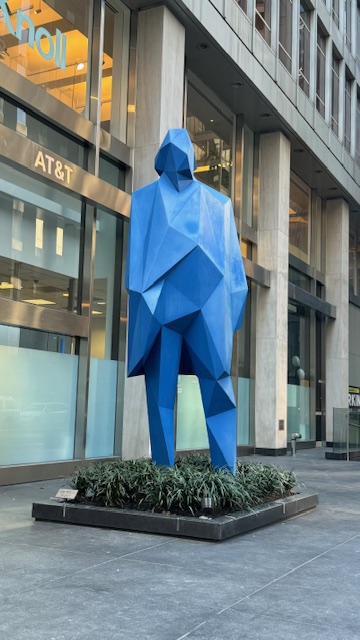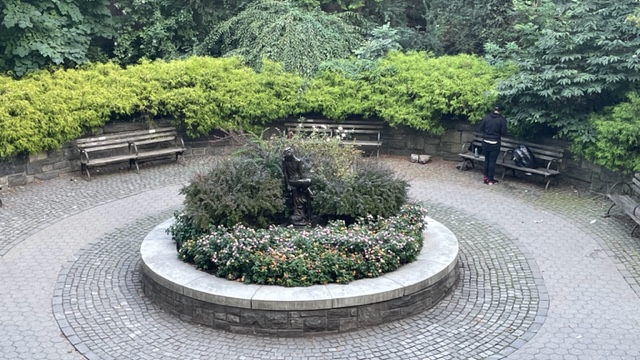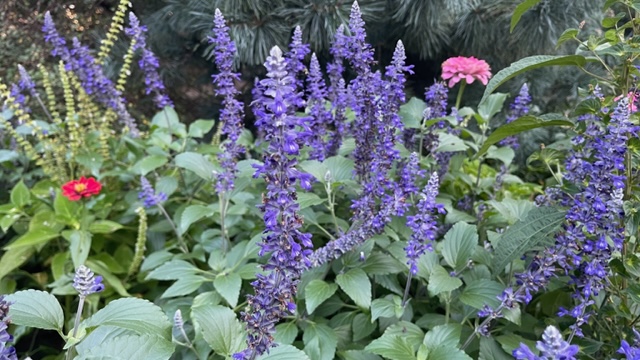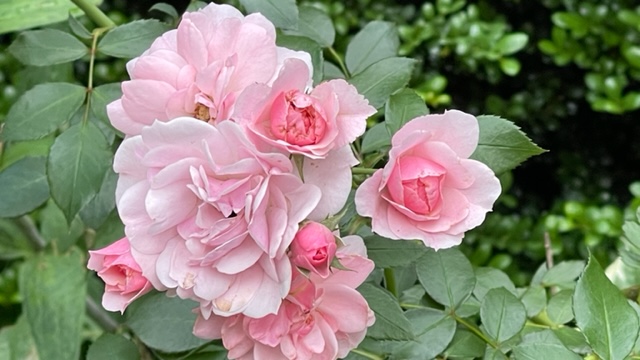“Salad can get a bad rap. People think of bland and watery iceberg lettuce, but in fact, salads are an art form.” – Marcus Samuelsson

I made miso dressing this past week. It turned out well. I tweaked the recipe so that it had a slight sweetness to balance the umami tones. Before that it was buttermilk dressing. Growing up we had a fresh salad every night. And my mother was a stickler for homemade dressing. She favored vinaigrettes when I got older, but before that we enjoyed homemade Russian dressing, Thousand Island Dressing, Italian, and Roquefort. There was a distinct difference between her dressings and the bottled versions of Wishbone and Kraft.
The same was true of baked goods. Though my mother was a health advocate, adding up to ten vegetables in our salads, when guests were visiting or a birthday was upon us, she baked from scratch. I could tell immediately when a boxed mix was served because, once again, there was a noticeable discrepancy between completely homemade and Betty Crocker. Because our mother also taught us manners, though I was disappointed when bottled salad dressing or boxed cake was served, I simply say, “Thank you,” rather than explain the virtues of flavor from the real thing.
In short, my mother created a food snob. Now, making my own salad dressing, unless I’m simply having olive oil and vinegar, is a fact of life. I like having two on hand depending on my mood that day. And, though, like my mom, I throw in a lot of ingredients in my salad, I’ve tweaked my preferences, opting for cooked mushrooms over raw, and possibly finely-chopped, leftover roasted vegetables instead of all crunchy toppers. I Like my mother I also add fruit to my salads. Recently it’s been figs. Though in the winter, clementines are a favorite. I am so grateful to my mom that she taught me to enjoy the creative process of good salad making, and the pure enjoyment of a delicious salad dressed with homemade ingredients.
Self-Care Tips:
- Get creative with your salads. In the winter see if you can add heartier ingredients like grains or winter squash. And, if you can, create a simple homemade dressing, giving yourself a special treat.
- Try a balancing exercise. It’s great to practice balance. Even if you lift up a foot and stand on one leg, then the other, for a few seconds, it will help your brain as well as your balance.
- Simply say thank you if someone shares something with you, even if you don’t particularly like it. It’s kinder than sharing your disapproval.




























































